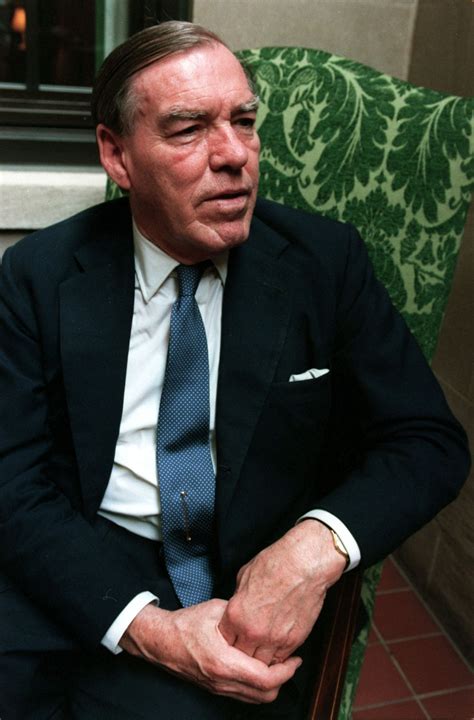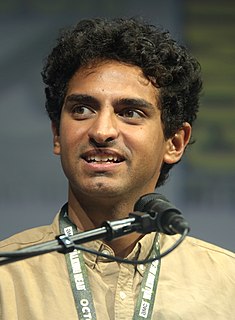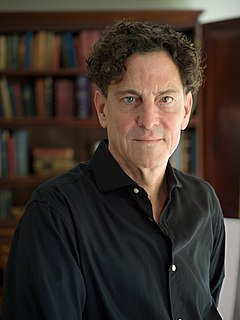A Quote by Ibn Warraq
Because of its exceptional capacity for self-criticism, the West took the initiative in abolishing slavery; the calls for abolition did not resonate even in black Africa, where rival African tribes took black prisoners to be sold as slaves in the West.
Related Quotes
The U.S. has the largest prison population in the world: two million people. One out of every eight prisoners in the world is an African American. We are warehousing people as a profit to shareholders or for benefits to communities that get to host federal prisons. It is modern slavery. The whole future of America's black community is at risk. One out of every three young black men in Washington, D.C., is under one arm or the other of the criminal justice system. These are the continuing consequences of slavery.
My mom is Jamaican and Chinese, and my dad is Polish and African American, so I'm pretty mixed. My nickname in high school was United Nations. I was fine with it, even though I identify as a black woman. People don't realize it hurts my feelings when someone looks at my hair or my eyes, and says, "But you're not actually black. You're black, but you're not black black, because your eyes are green." I'm like, "What? No, no, I'm definitely black." Even some of my closest friends have said that. It's been a bit touchy for me.
The breakdown of the black community, in order to maintain slavery, began with the breakdown of the black family. Men and women were not legally allowed to get married because you couldn't have that kind of love. It might get in the way of the economics of slavery. Your children could be taken from you and literally sold down the river.
Lawrence Hill, a cultural and spiritual descendant of West African griots, has used his vast storytelling talents to create an epic story that spans three continents. The Book of Negroes recites the pain, misery and liberation of one African woman, Aminata Diallo, who was stolen from her homeland and sold into American slavery. Through Aminata, Hill narrates the terrifying story of slavery and puts at the centre a female experience of the African Diaspora. I wept upon reading this story. The Book of Negroes is courageous, breathtaking, simply brilliant.
A wise man will not leave the right to the mercy of chance, nor wish it to prevail through the power of the majority. There is but little virtue in the action of masses of men. When the majority shall at length vote for the abolition of slavery, it will be because they are indifferent to slavery, or because there is but little slavery left to be abolished by their vote. They will then be the only slaves. Only his vote can hasten the abolition of slavery who asserts his own freedom by his vote.
One of the things that made the Black Muslim movement grow was its emphasis upon things African. This was the secret to the growth of the Black Muslim movement. African blood, African origin, African culture, African ties. And you'd be surprised - we discovered that deep within the subconscious of the black man in this country, he is still more African than he is American.


































